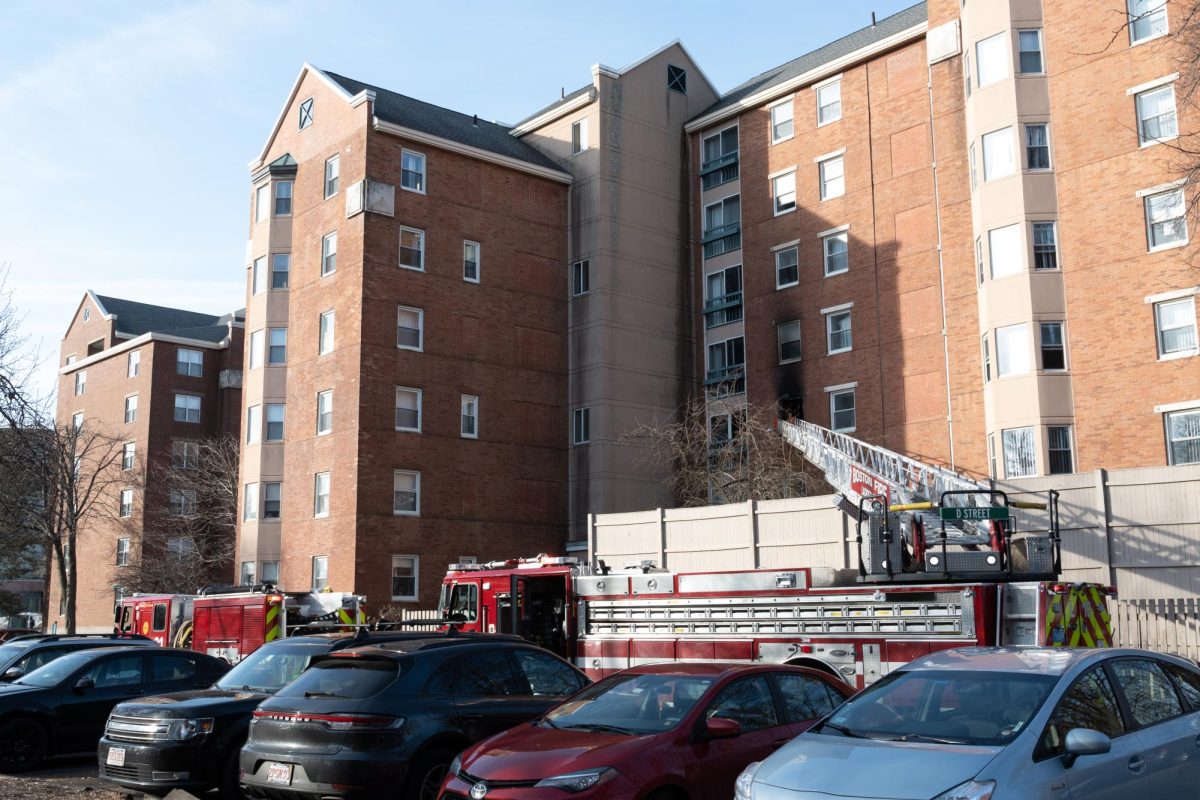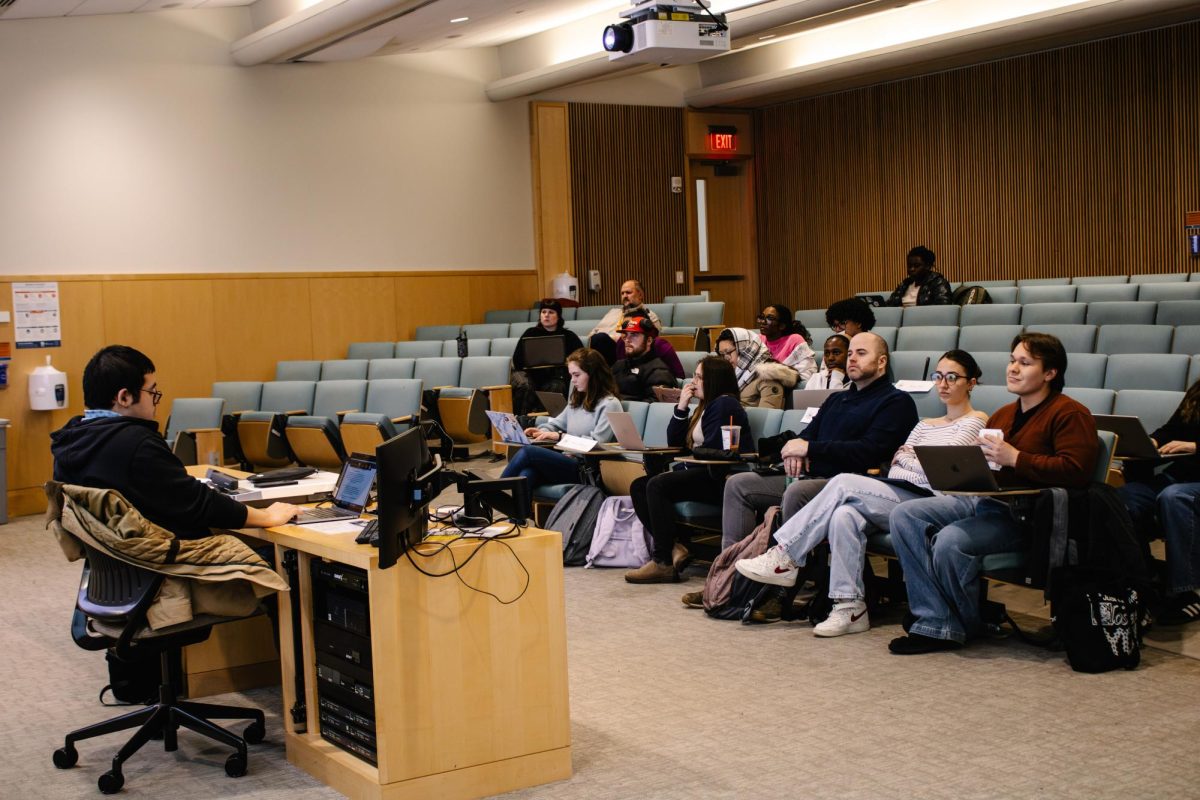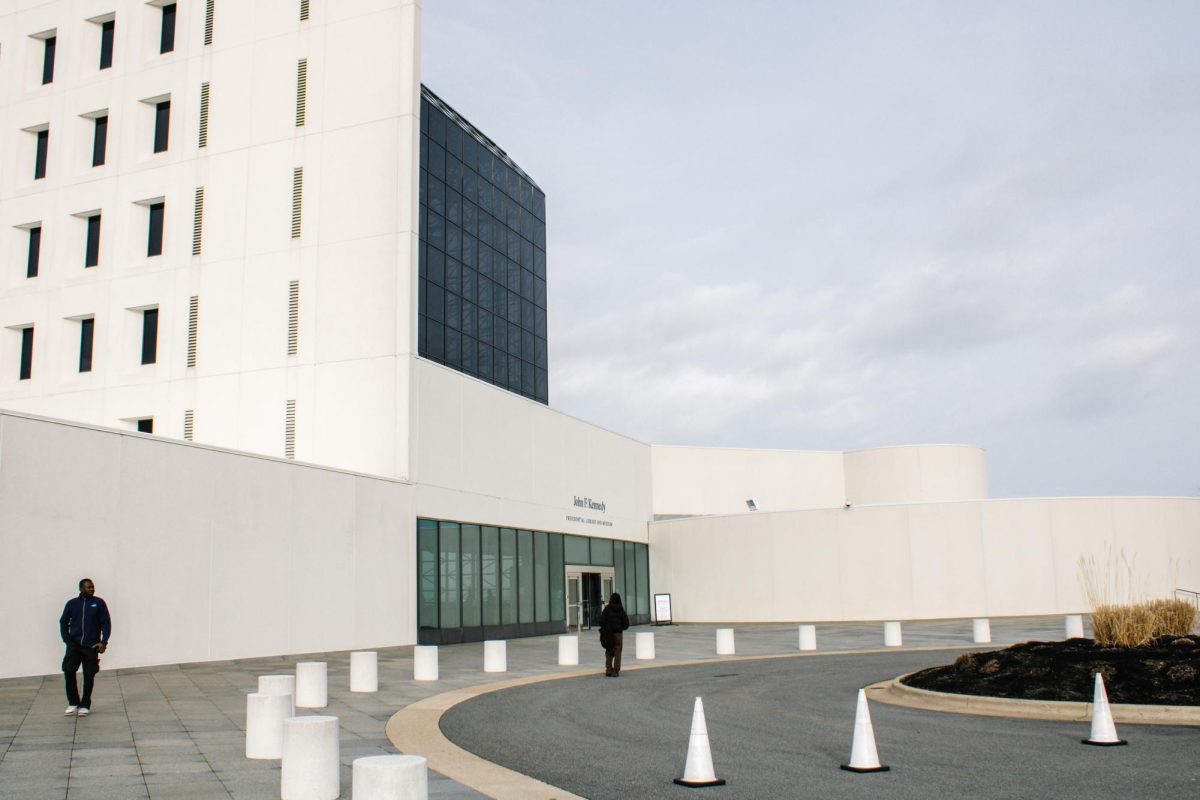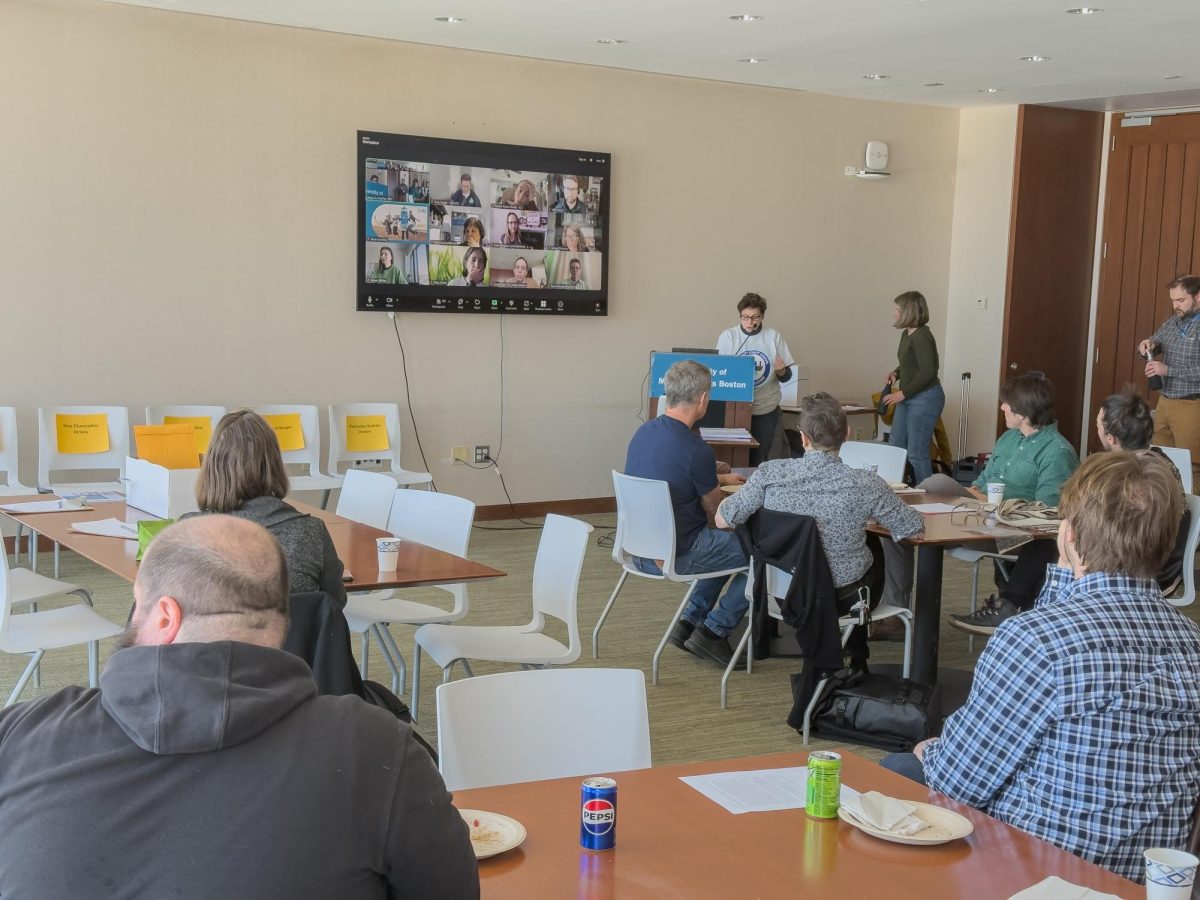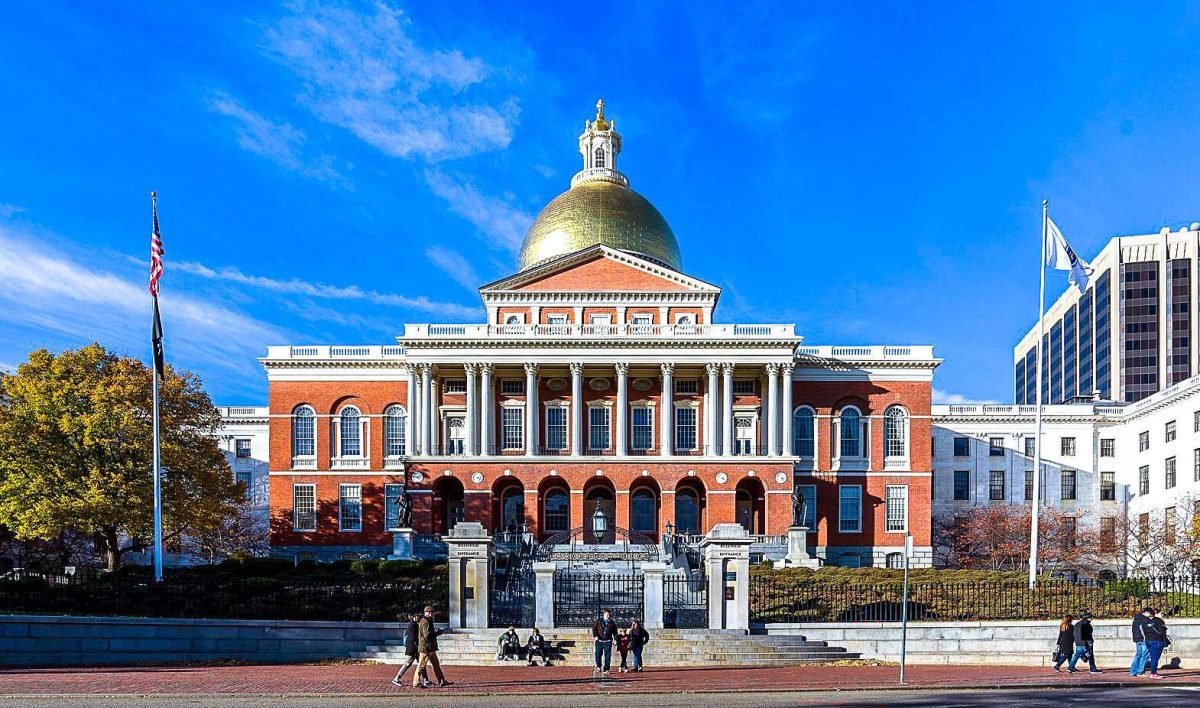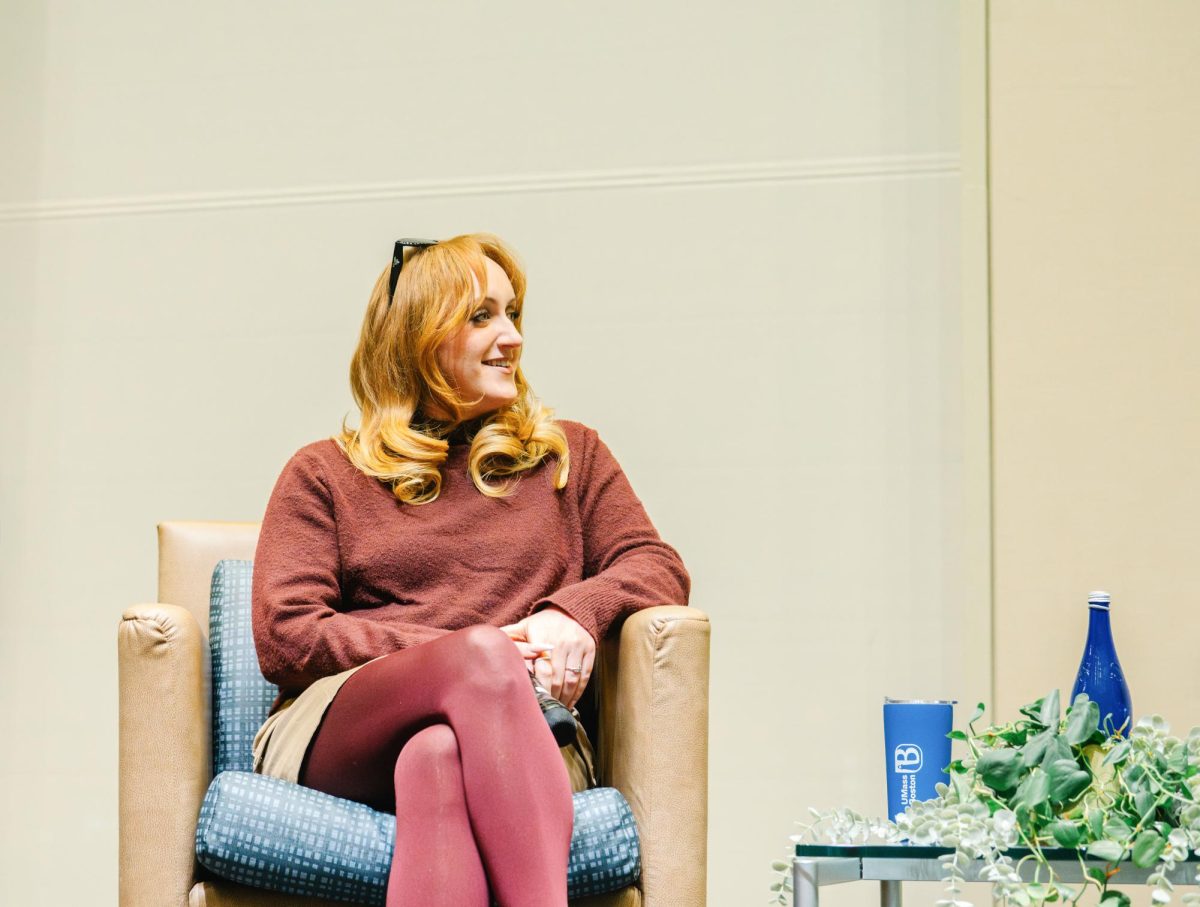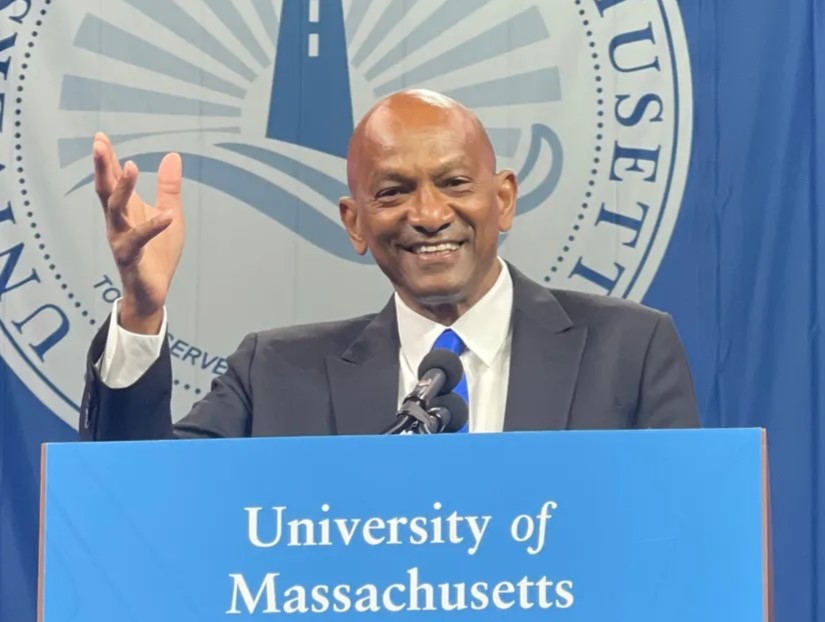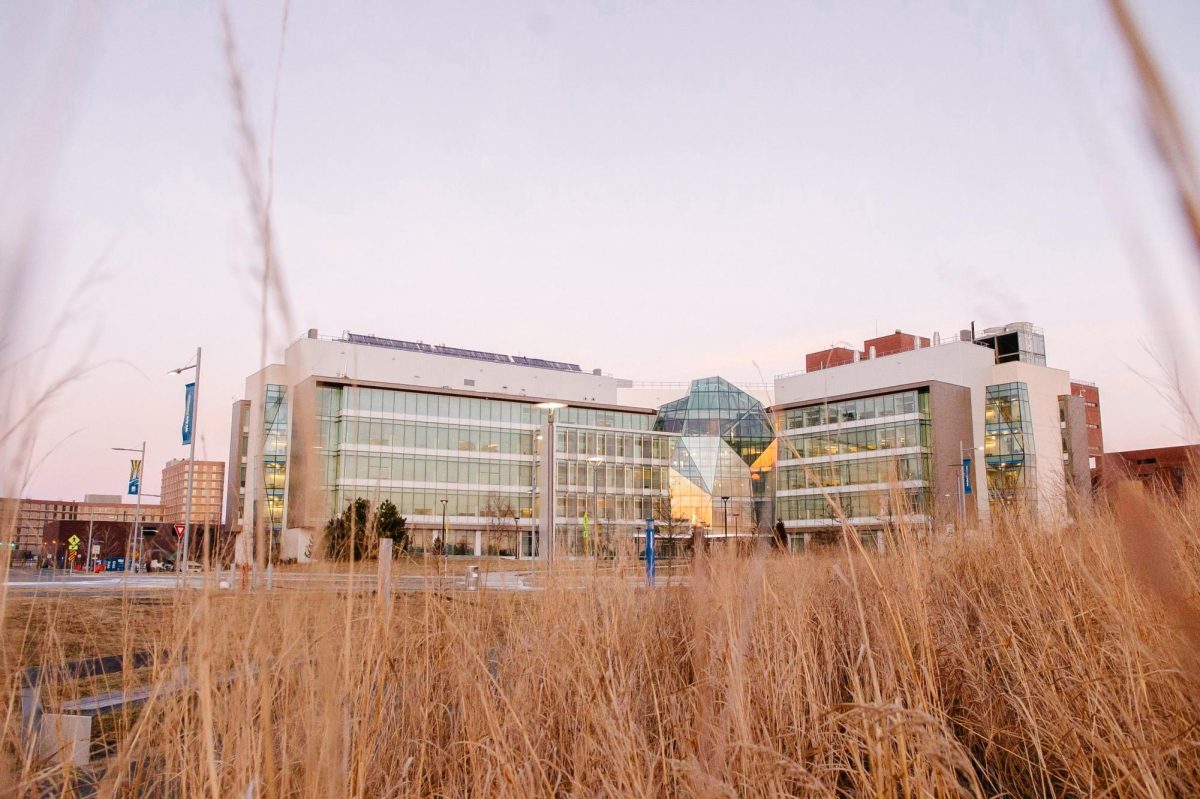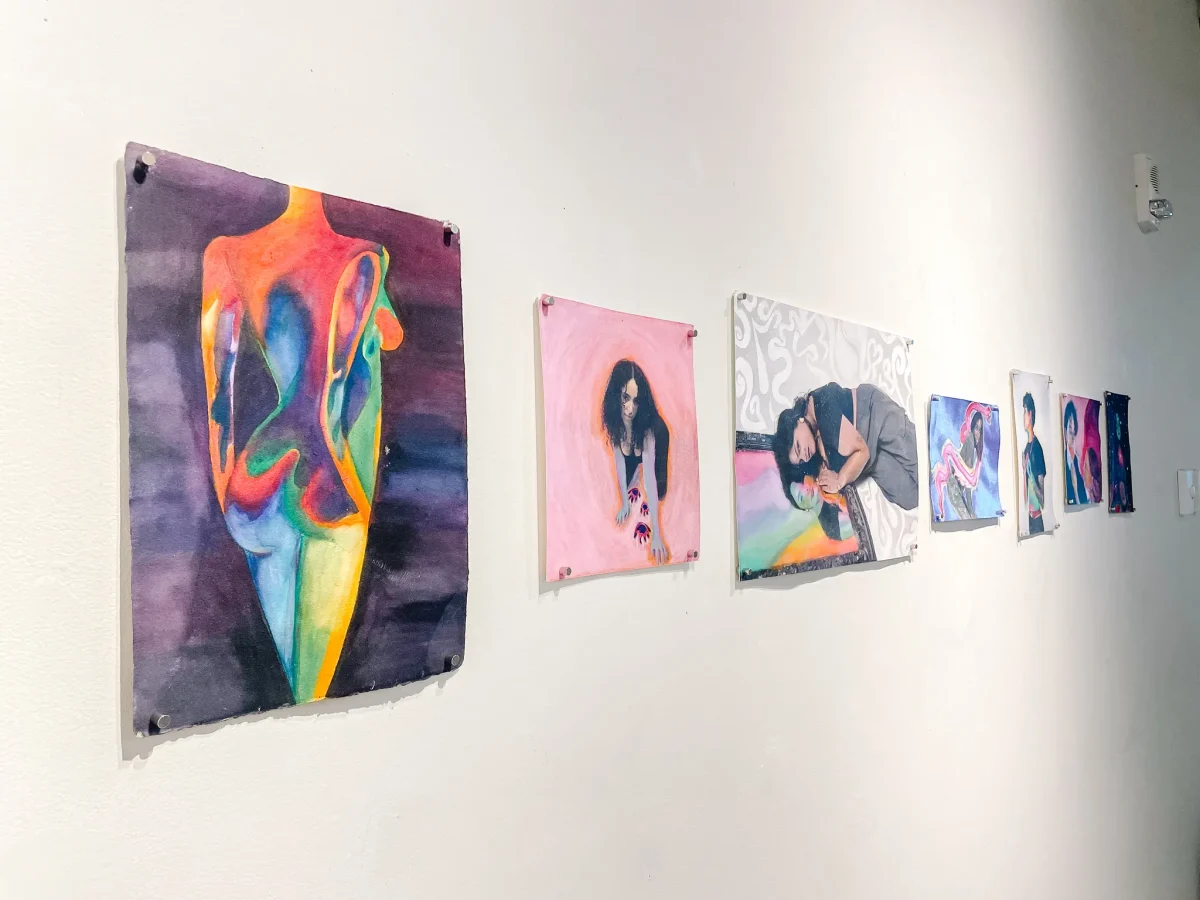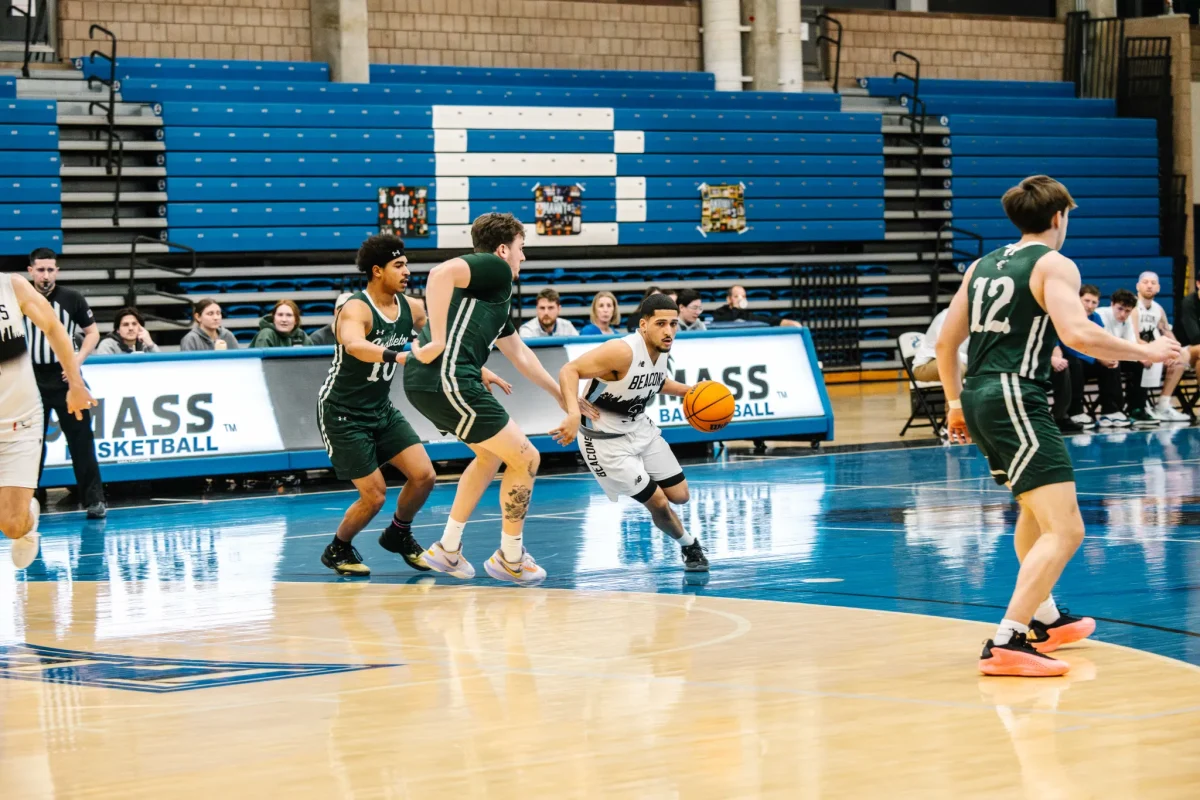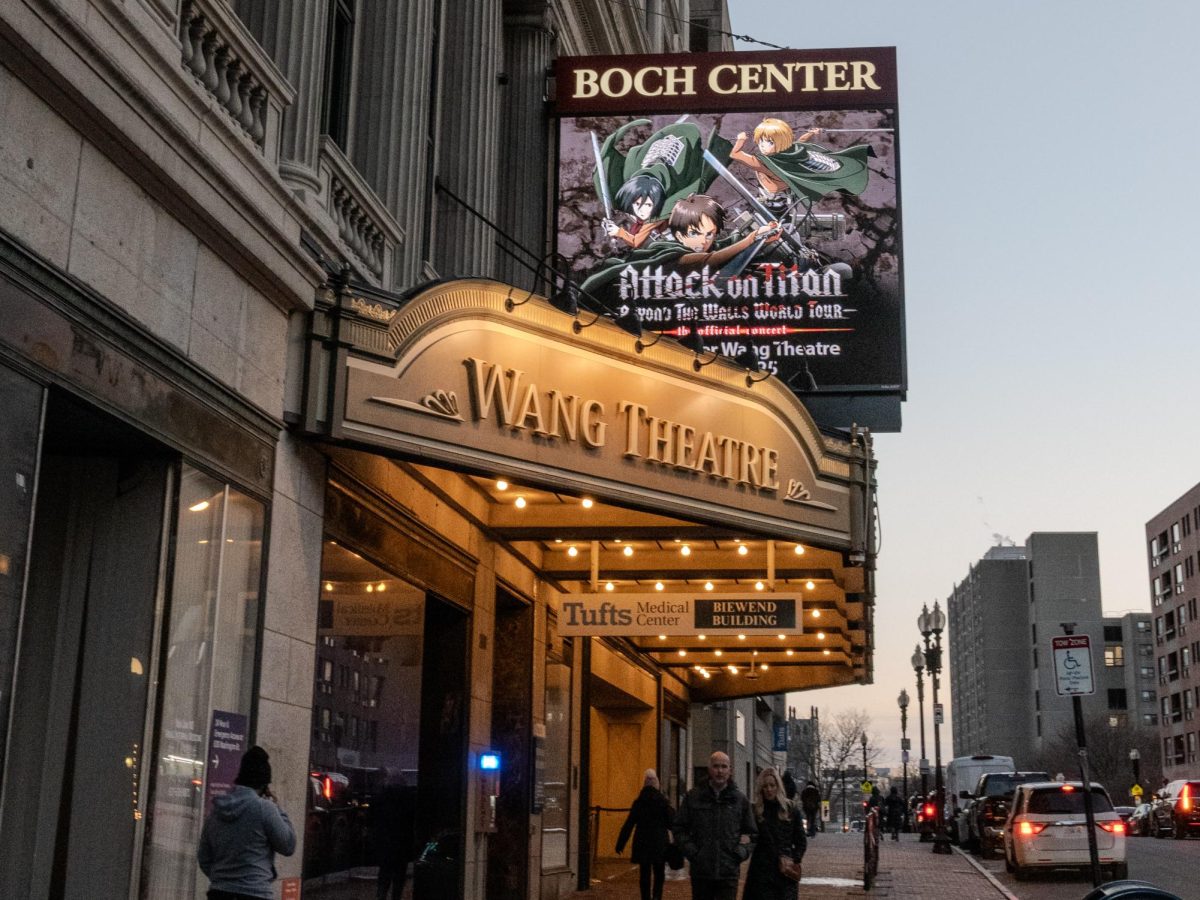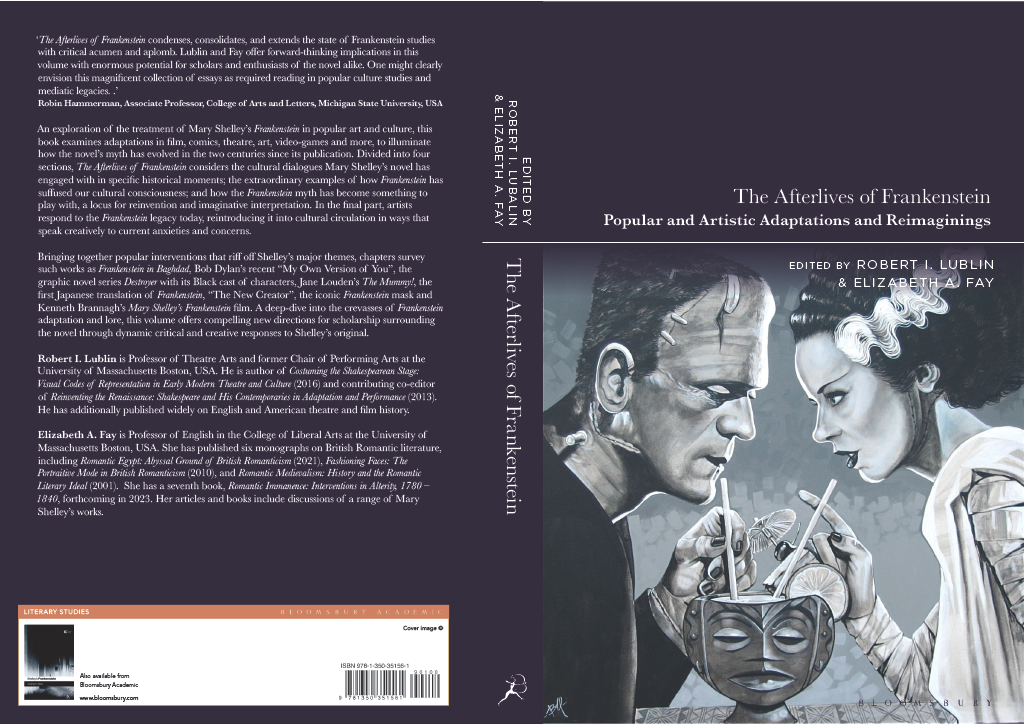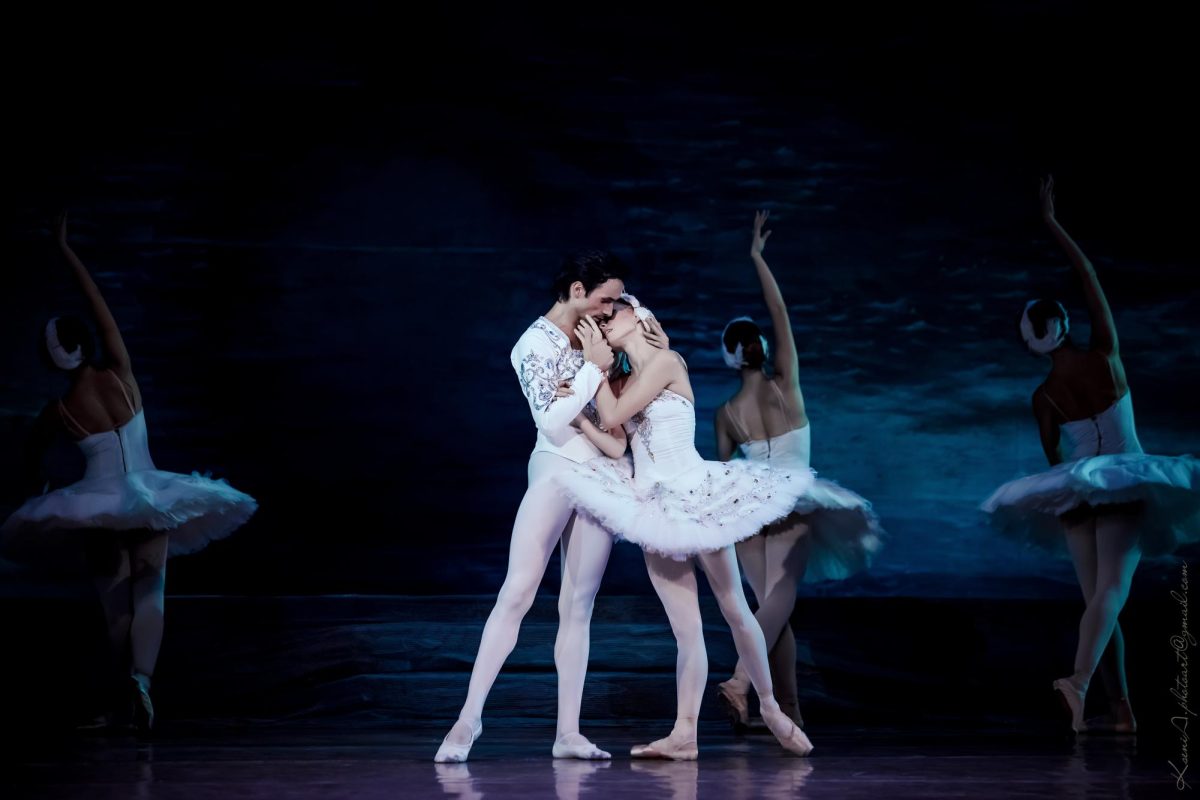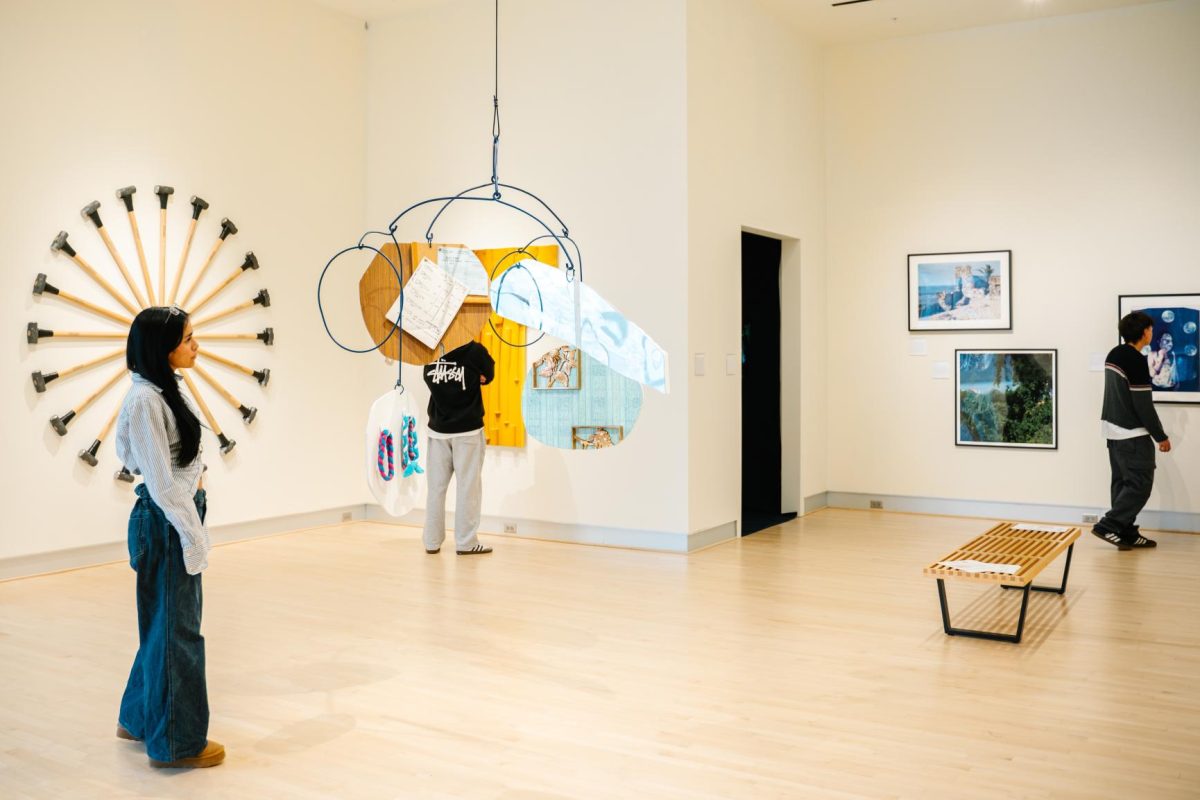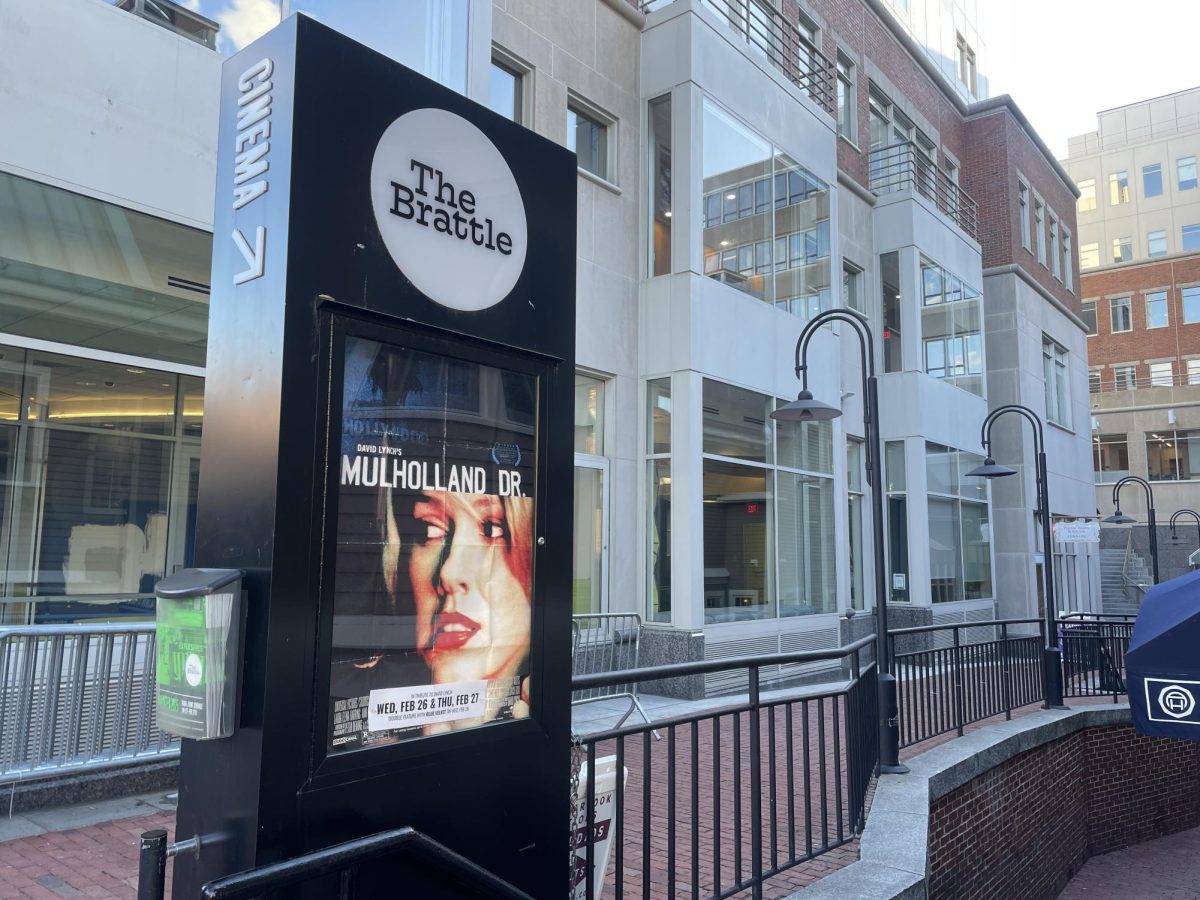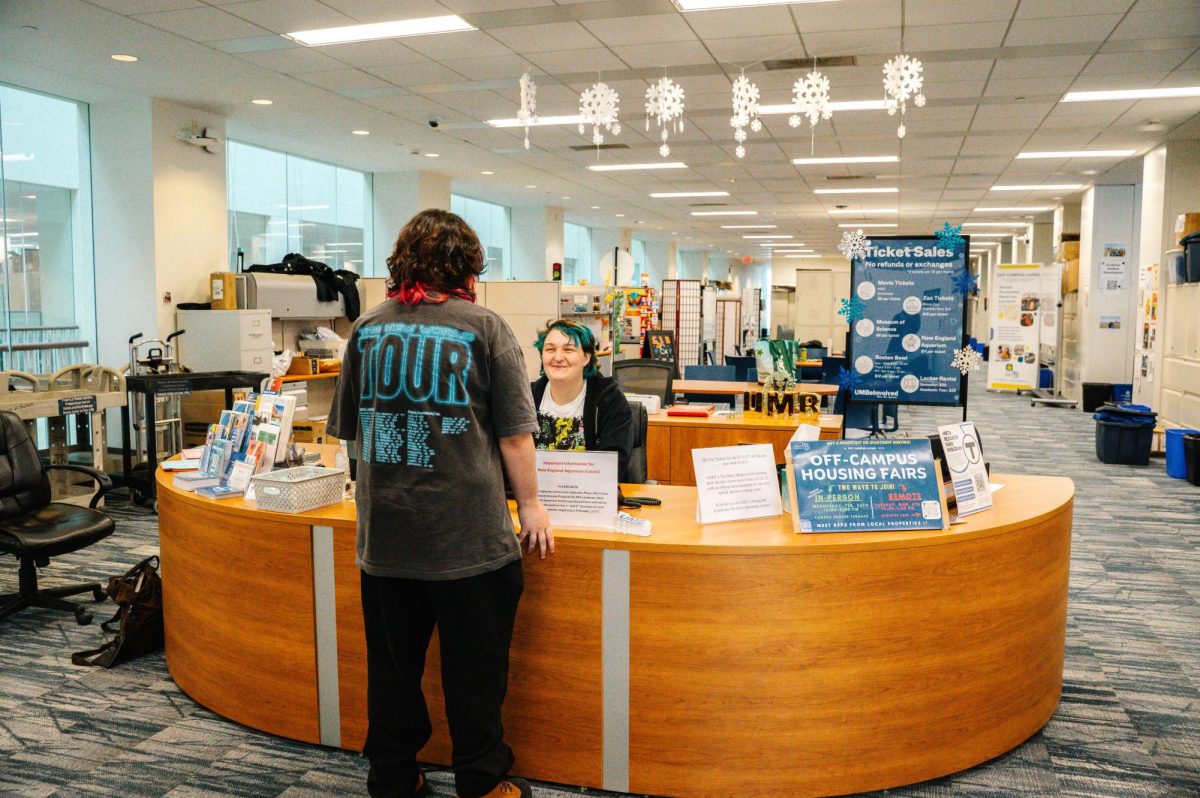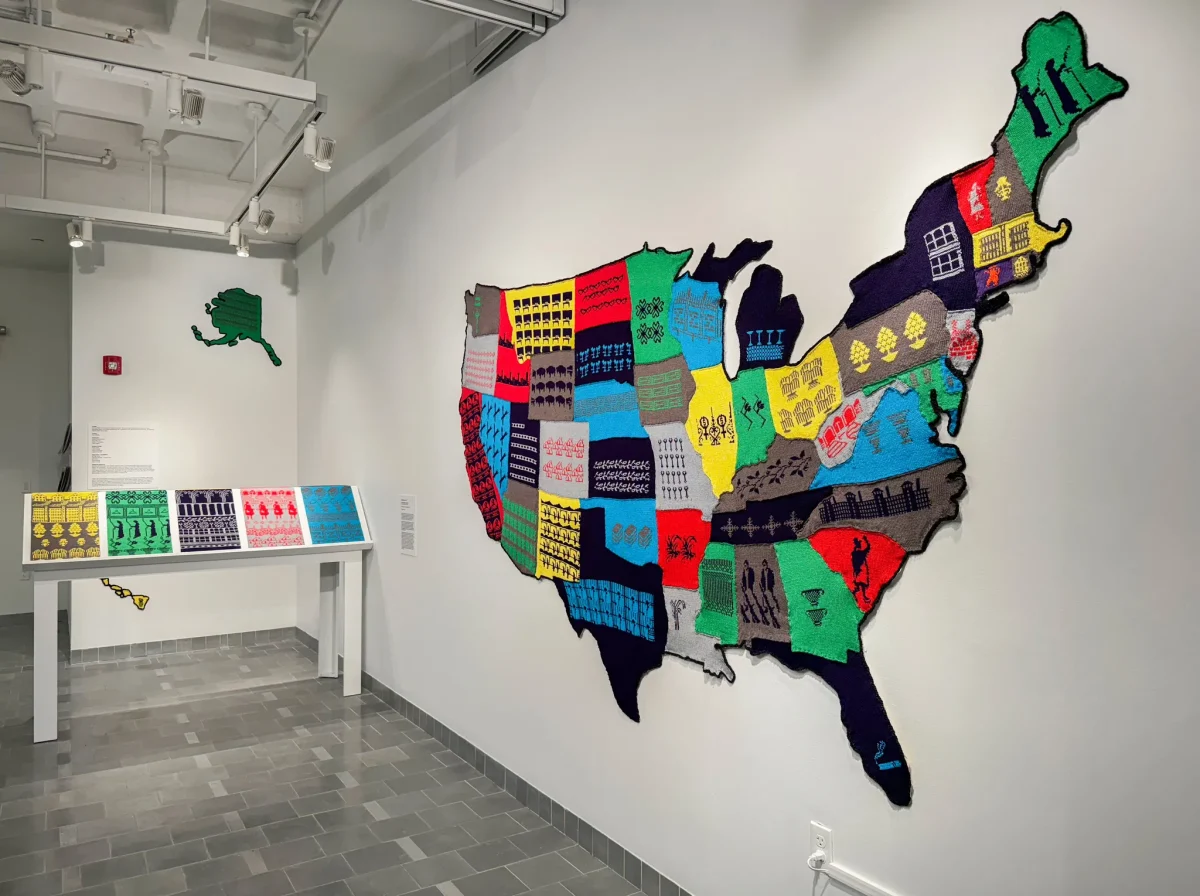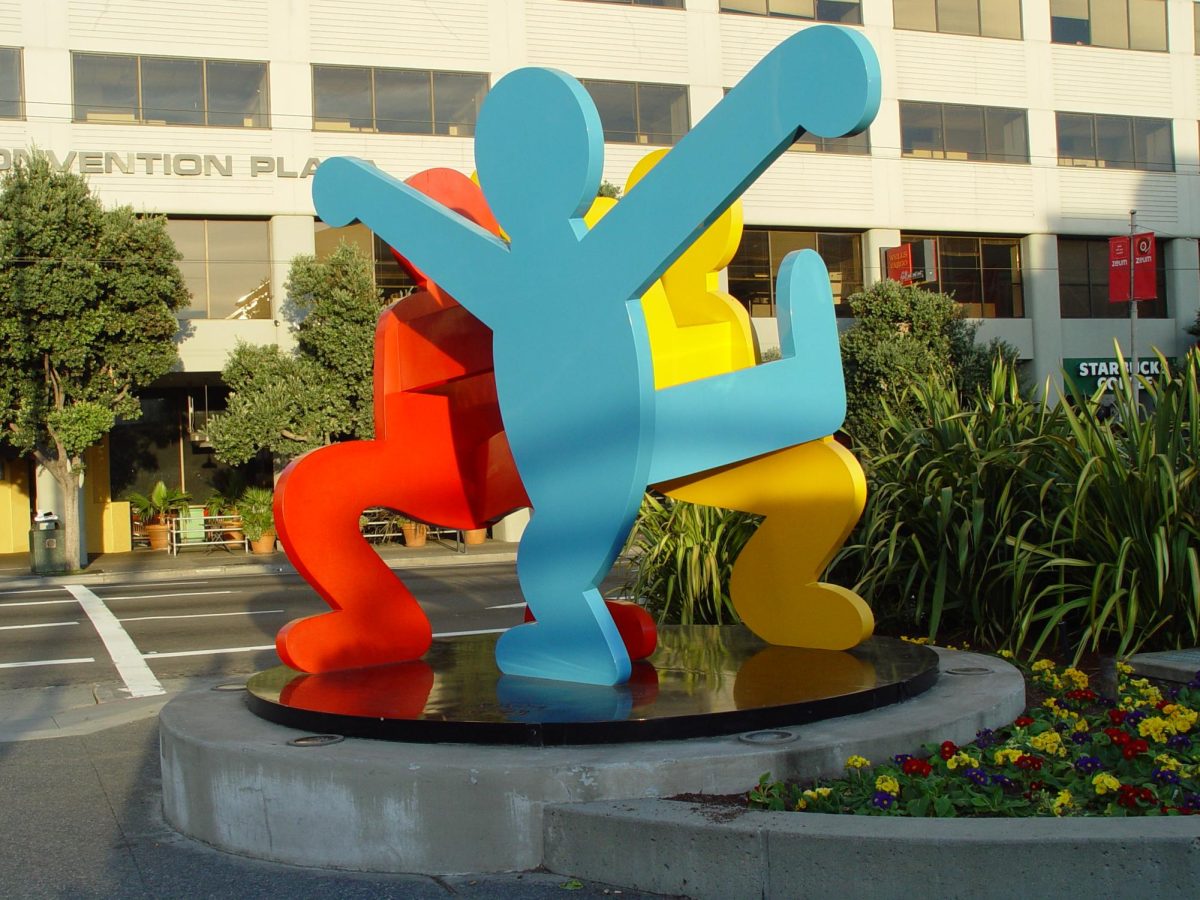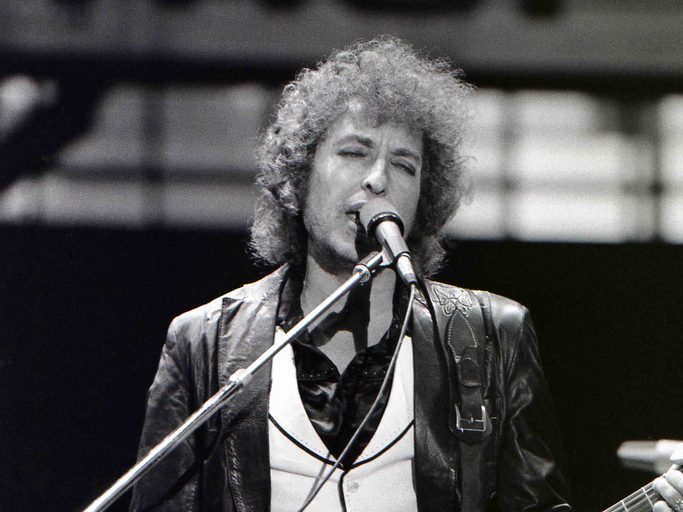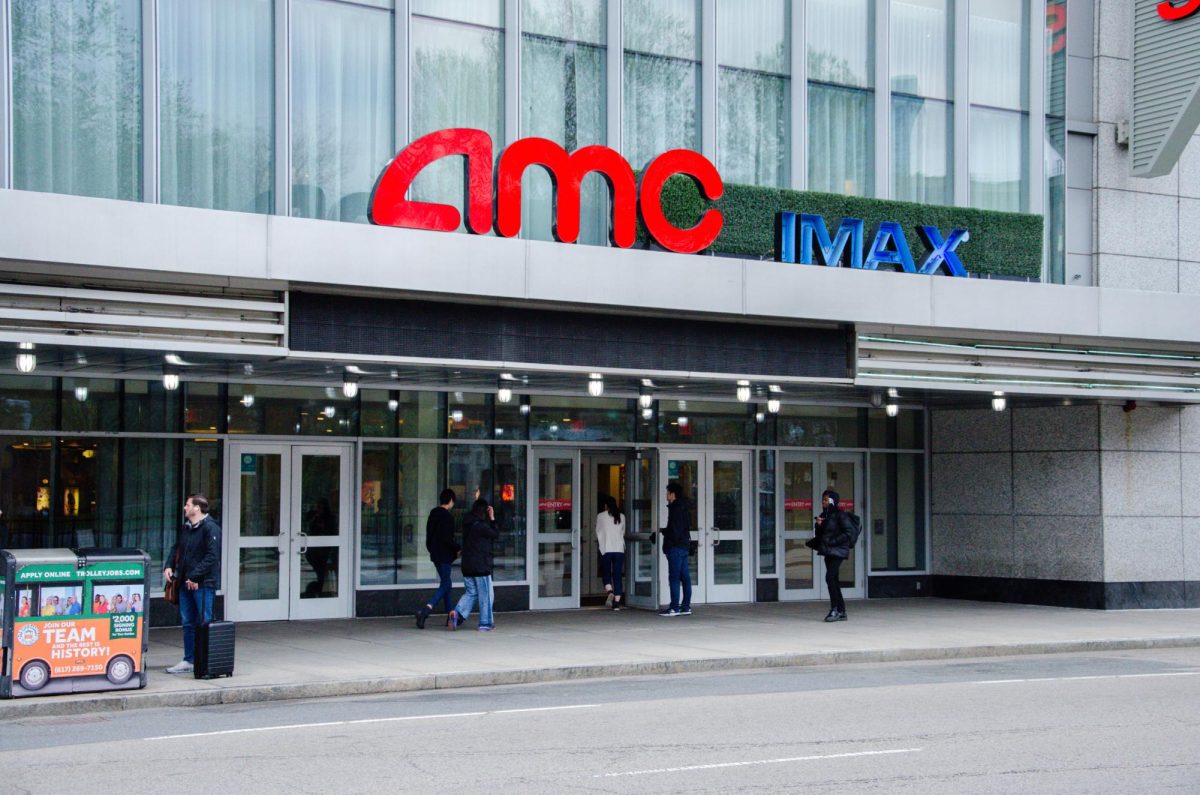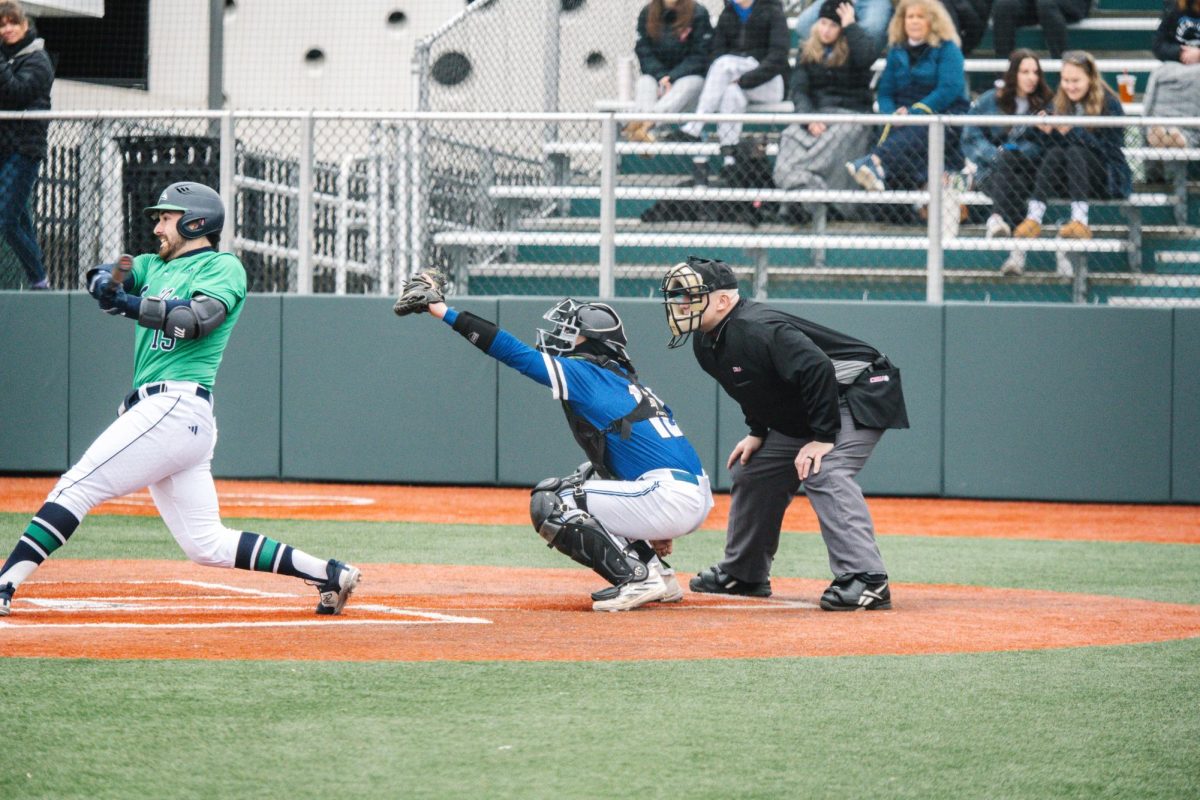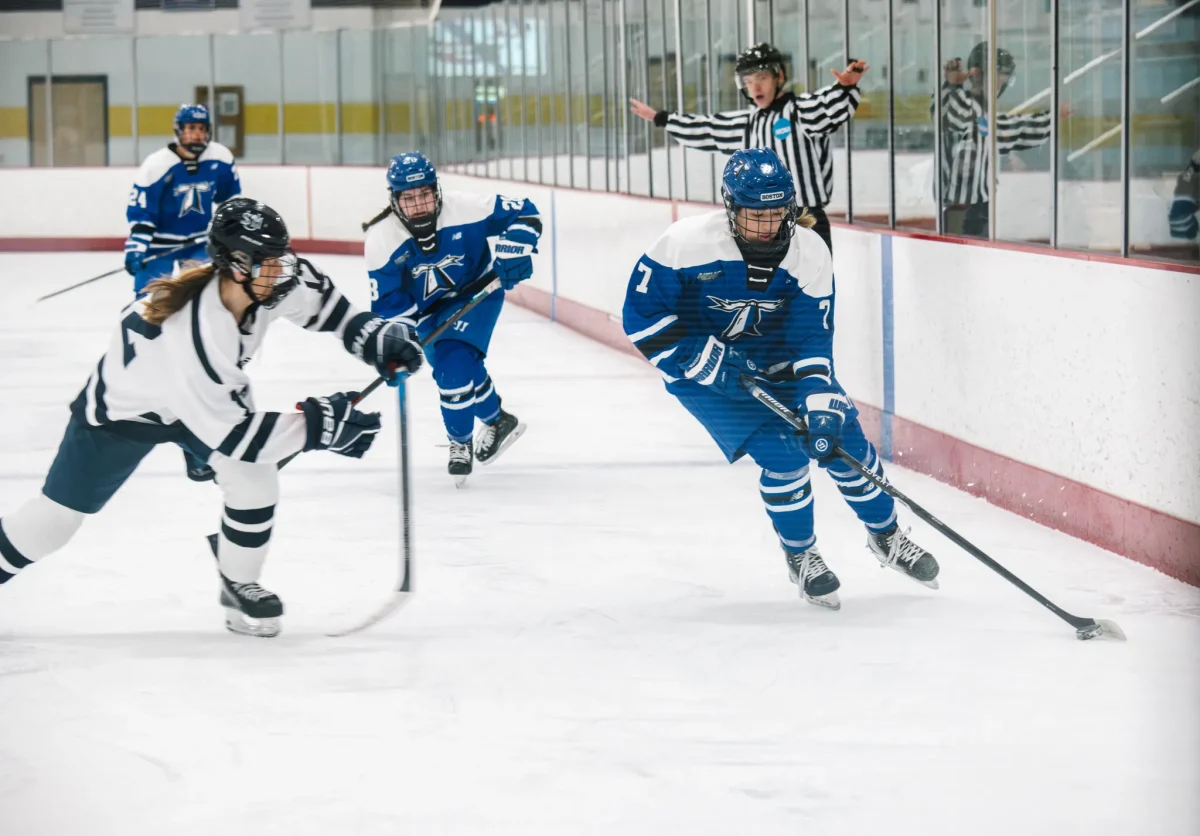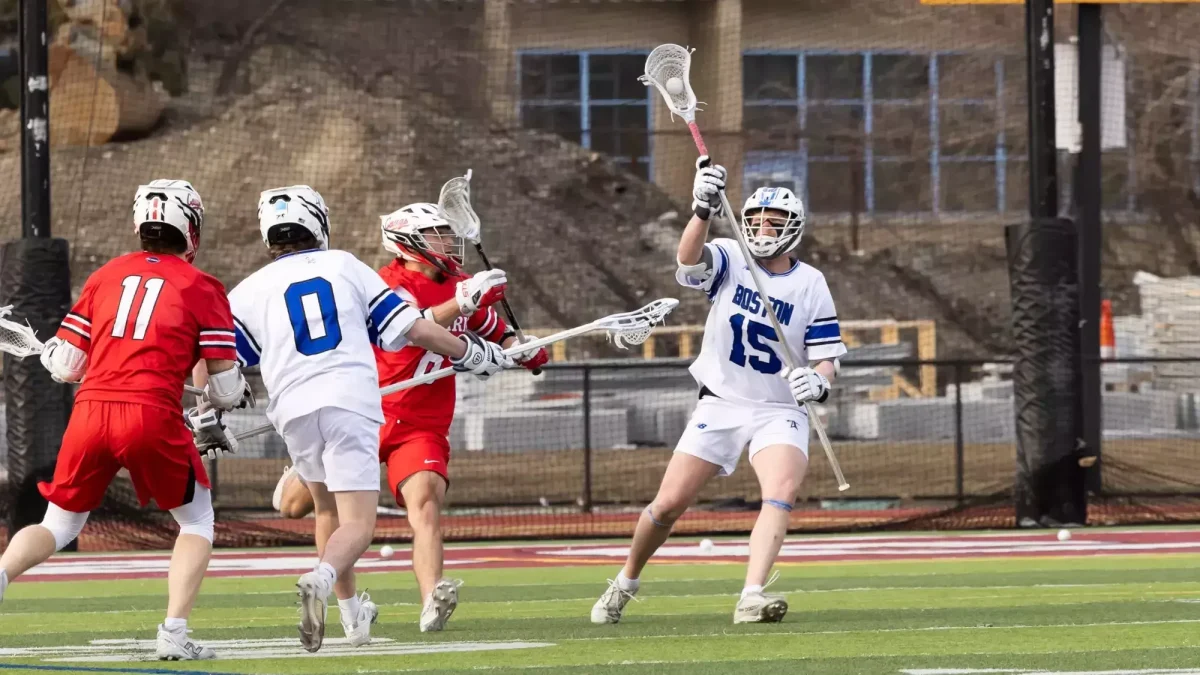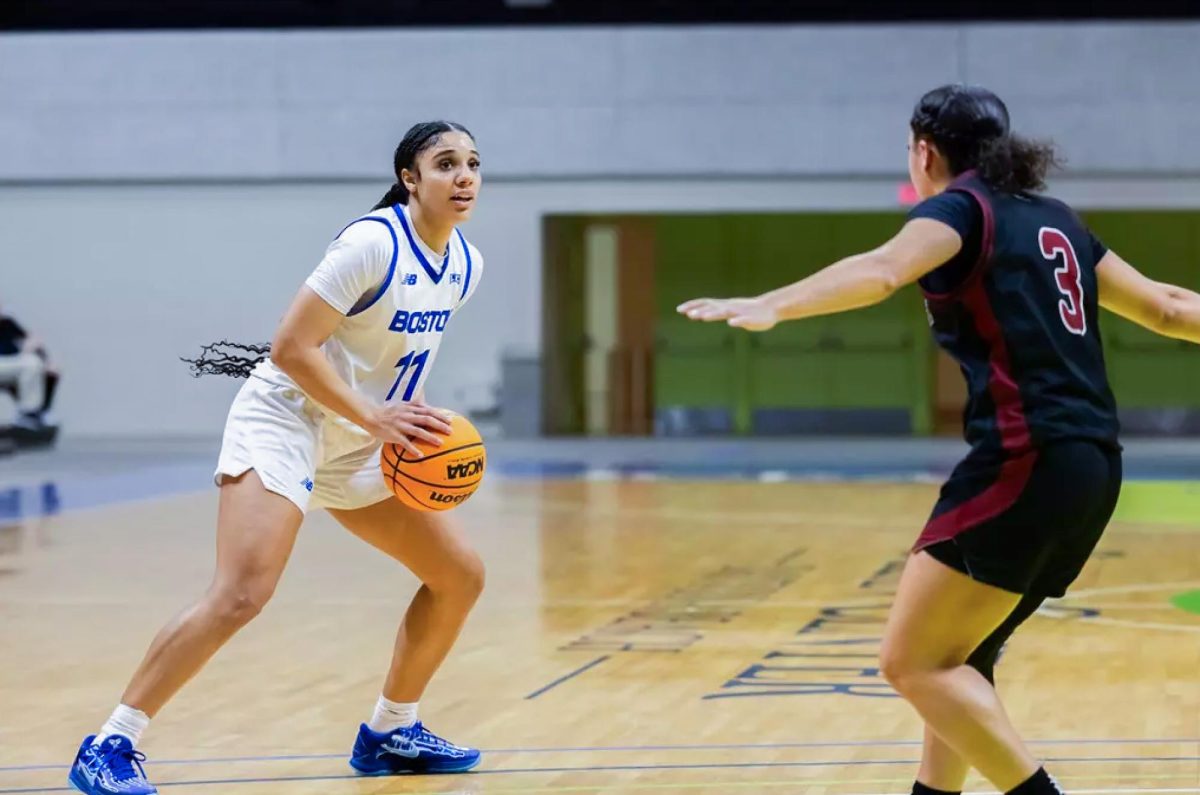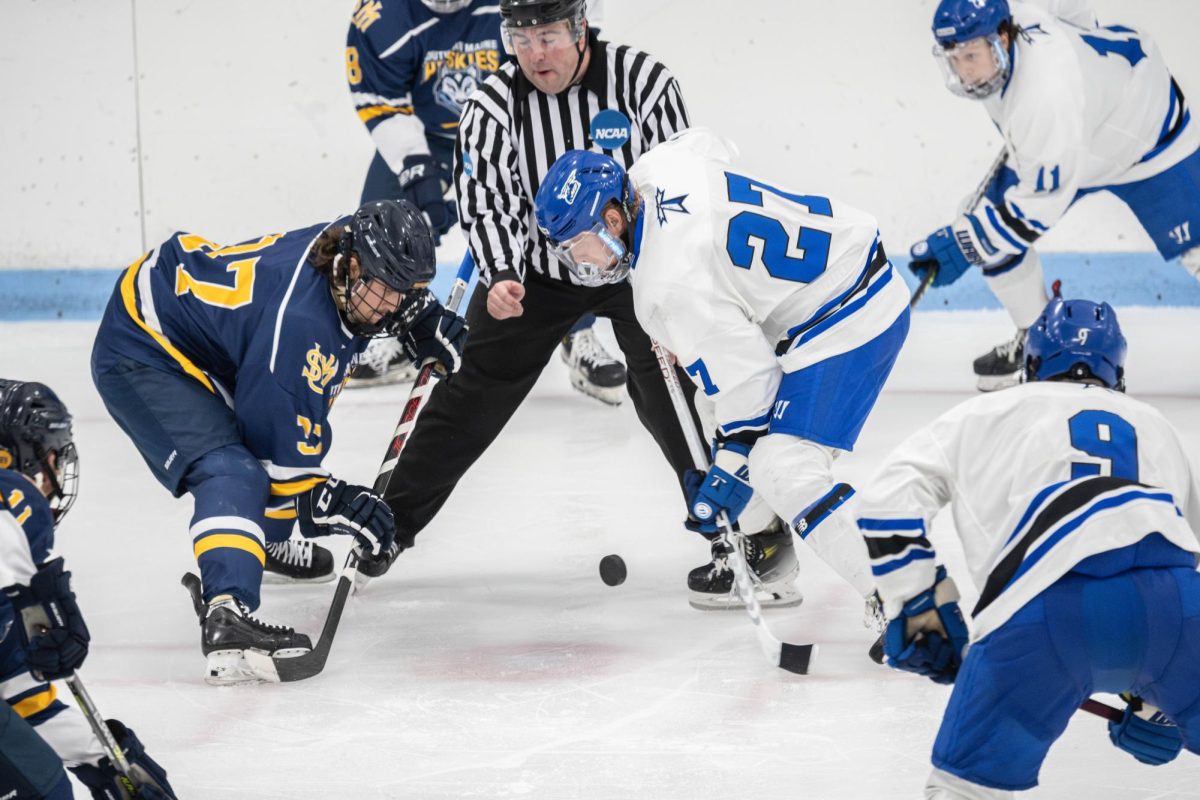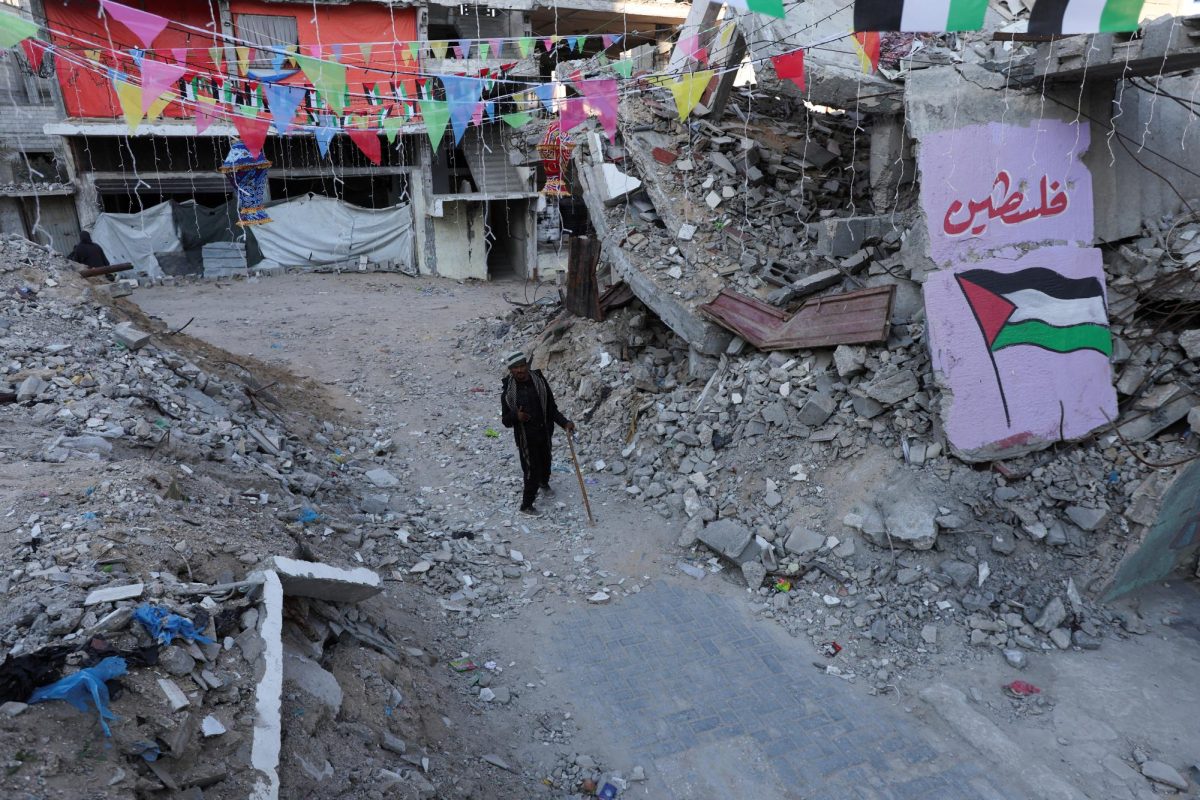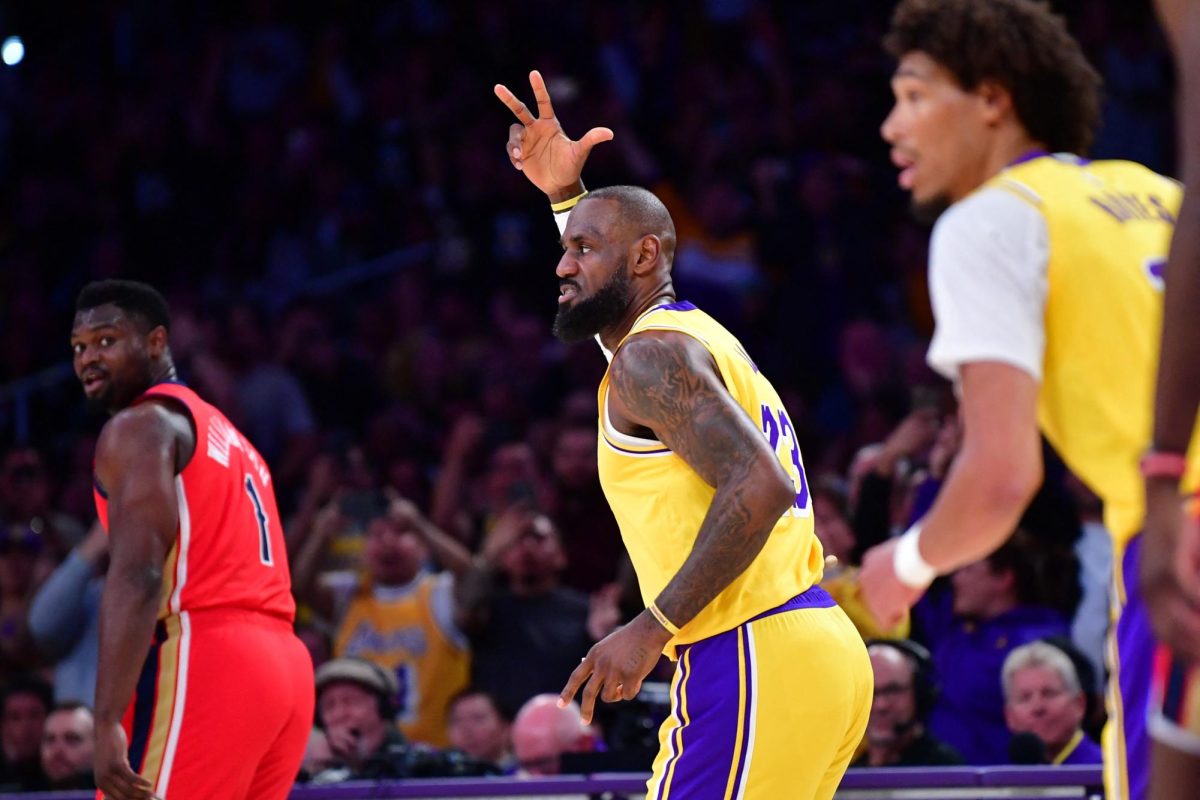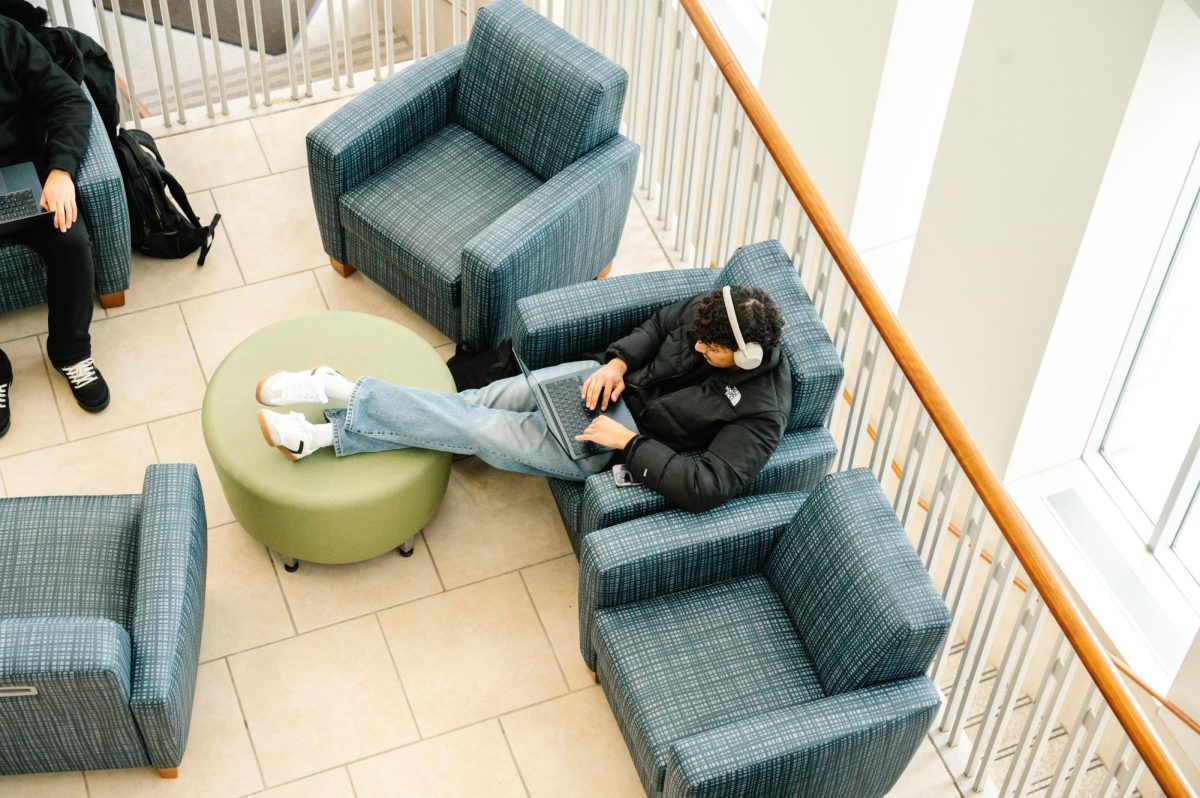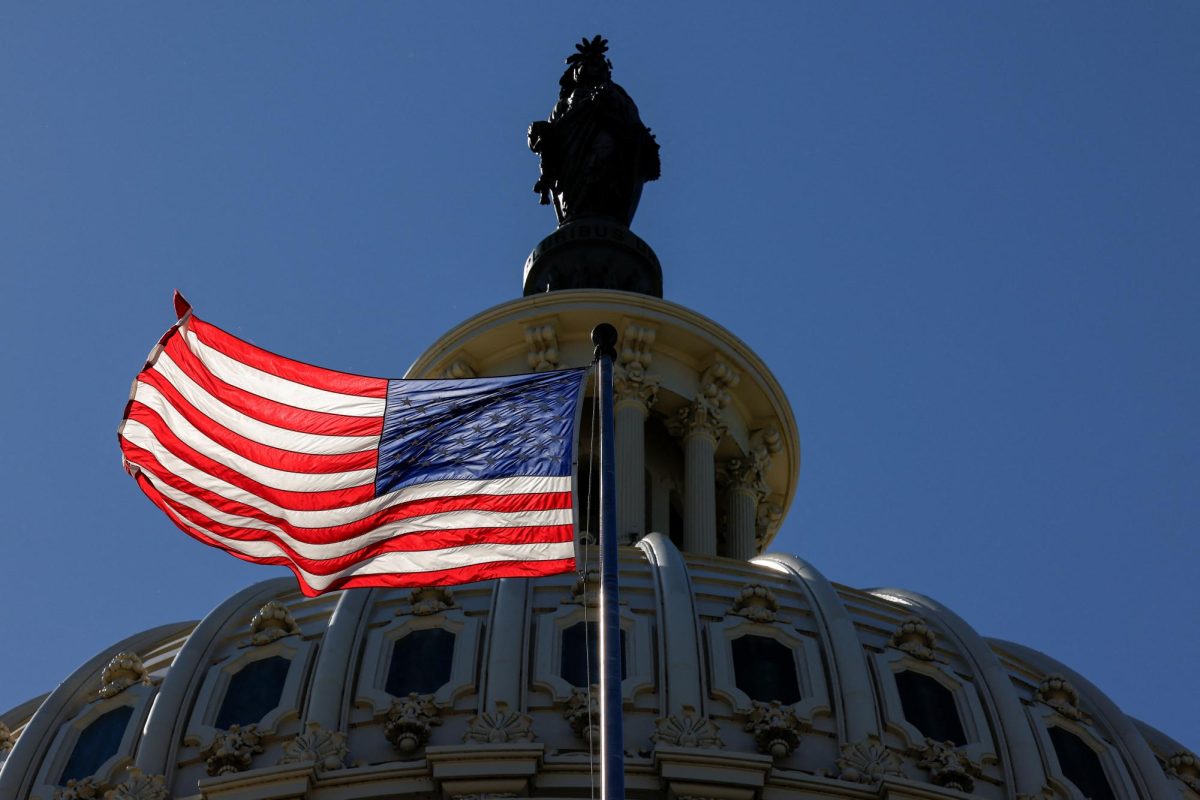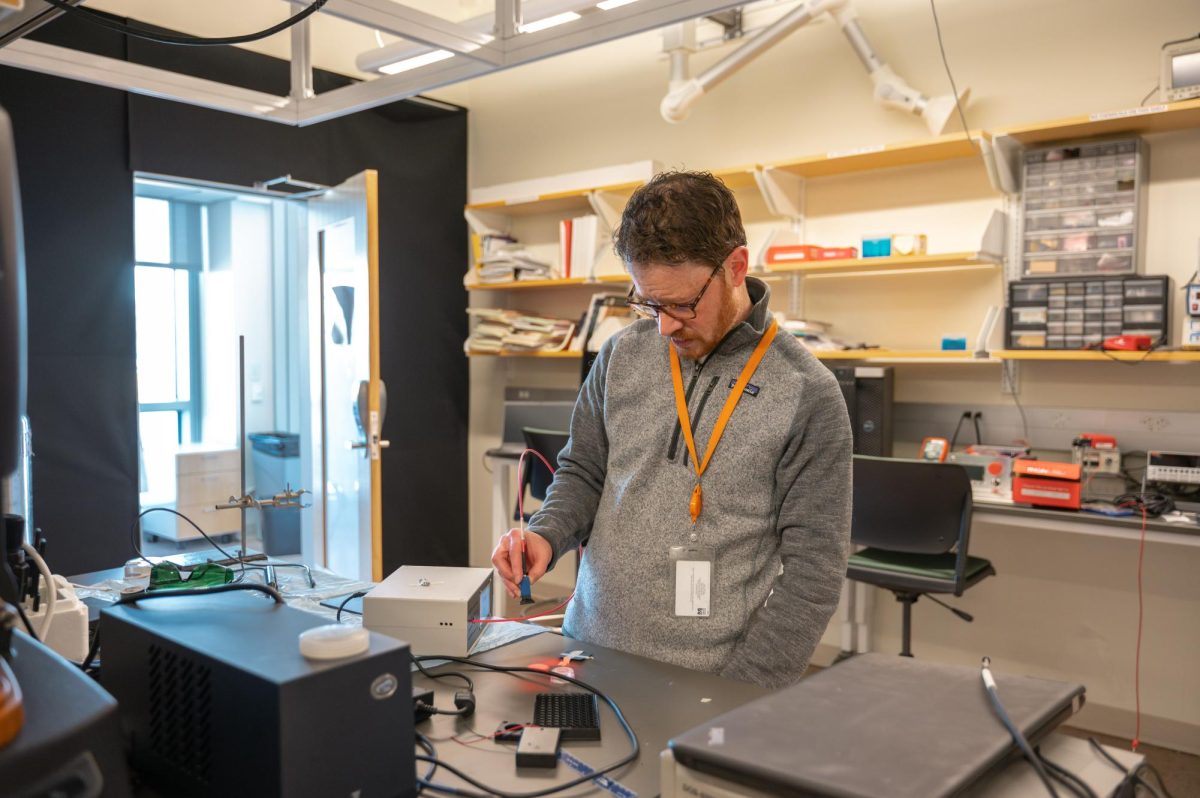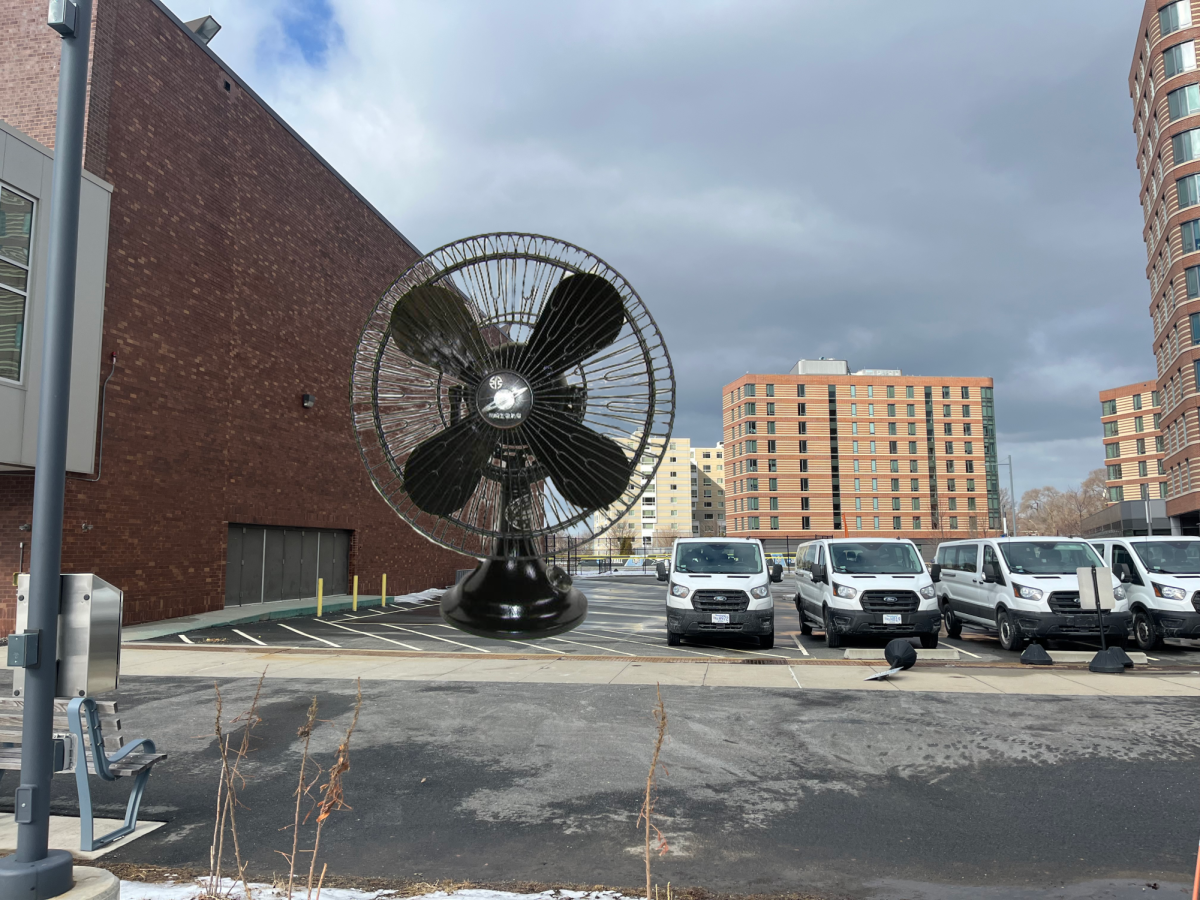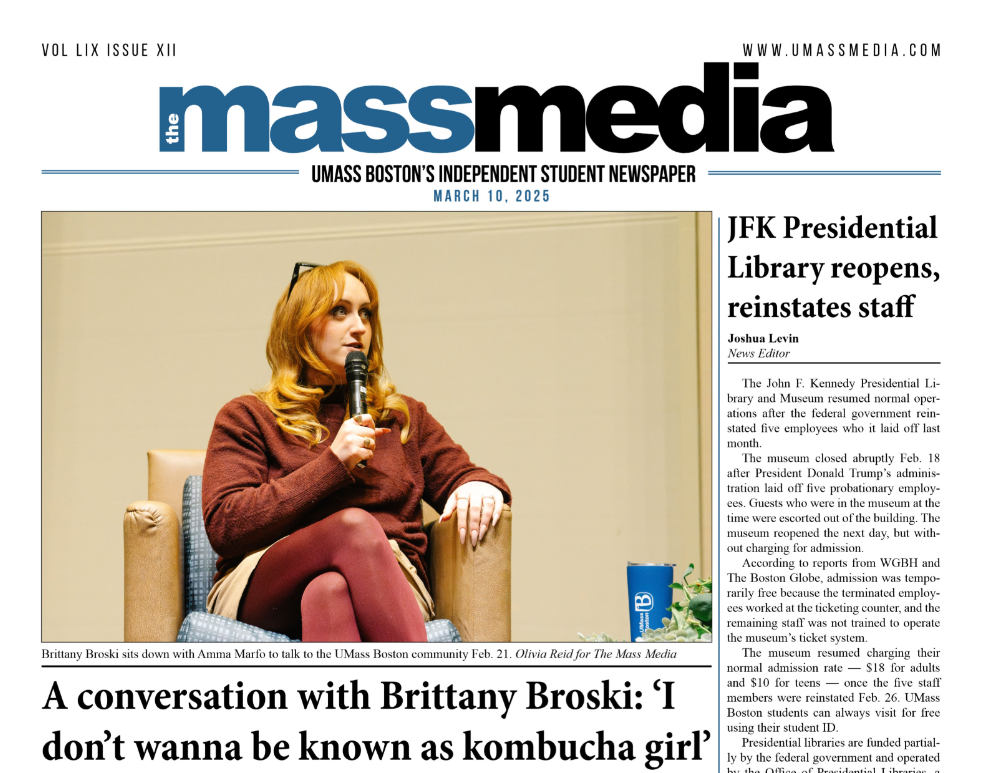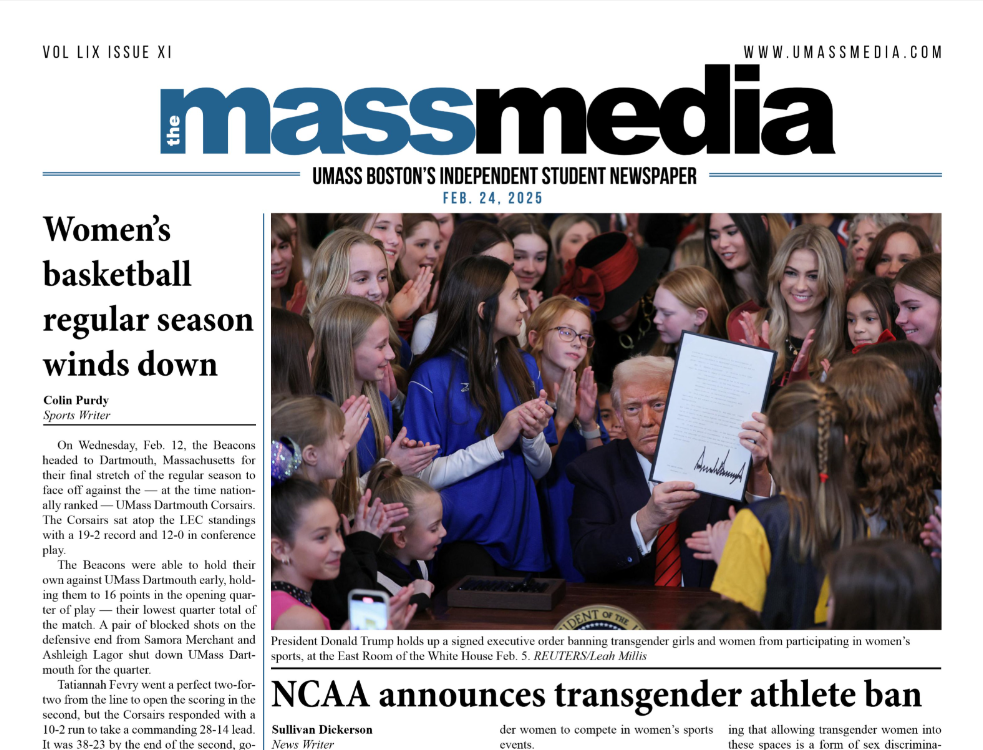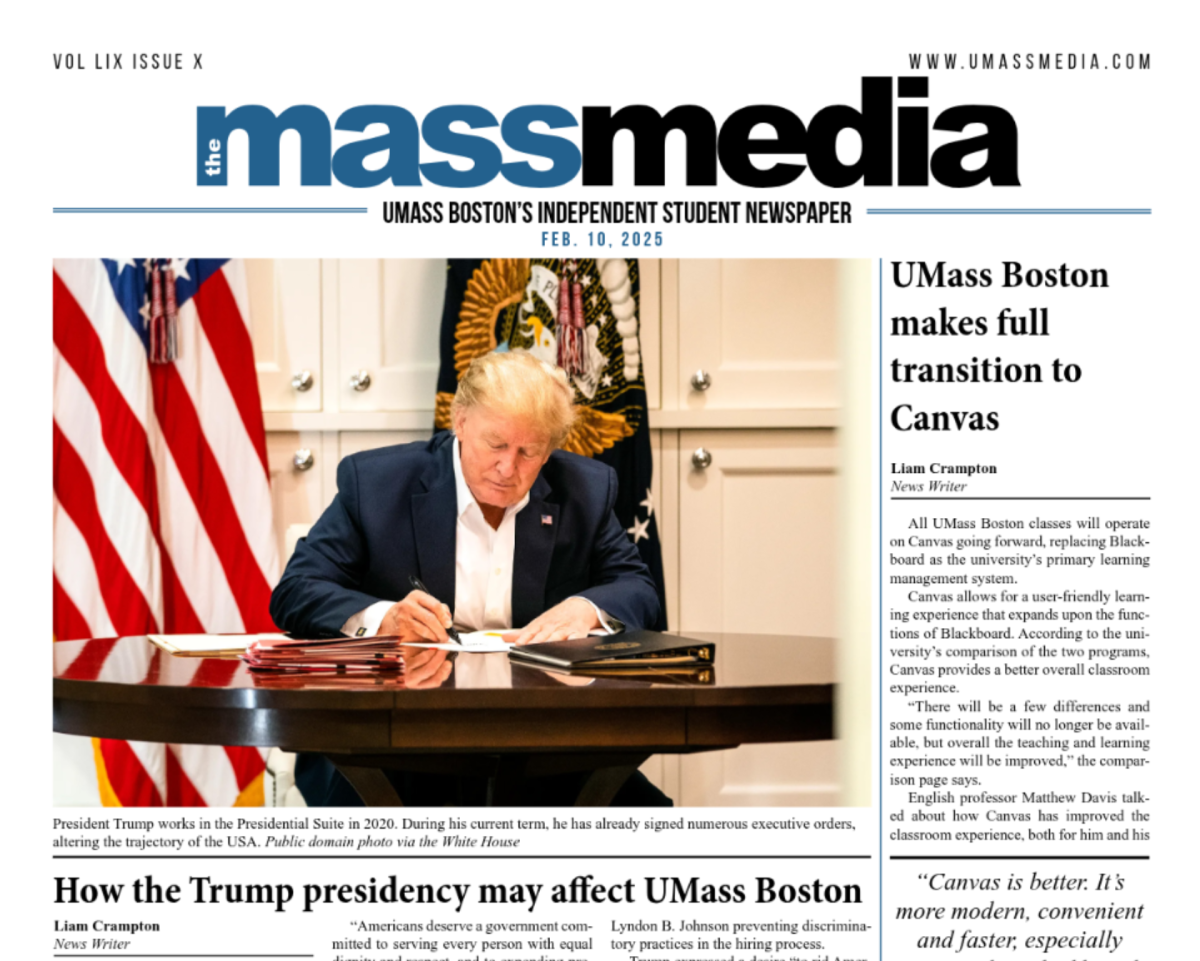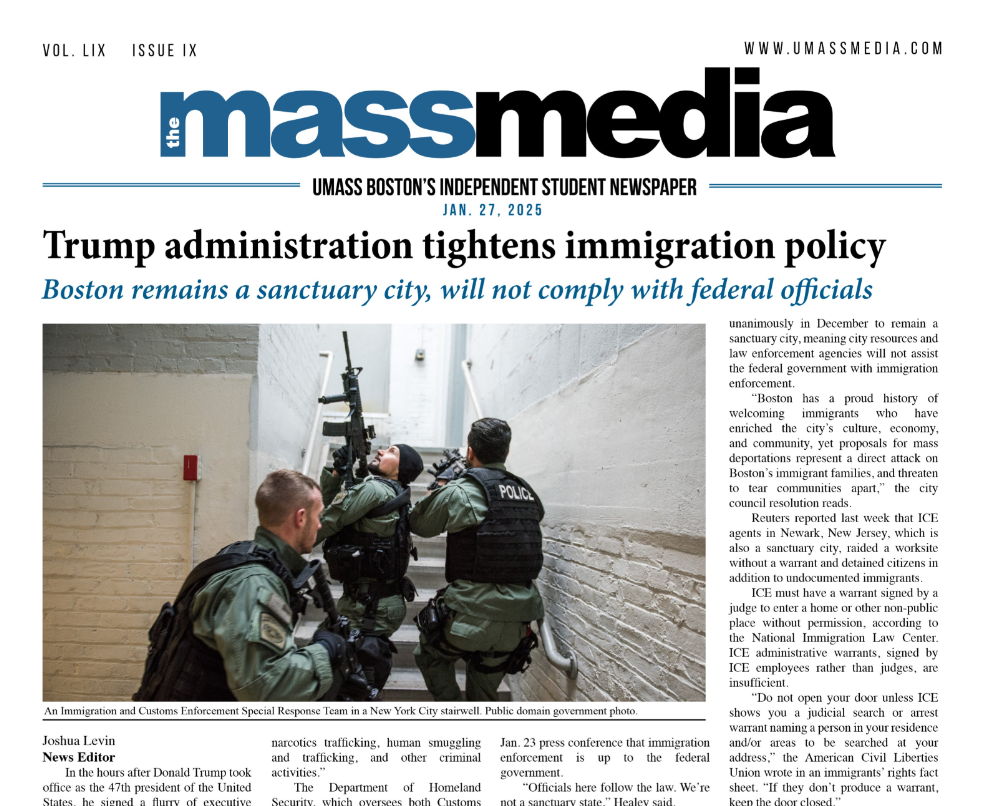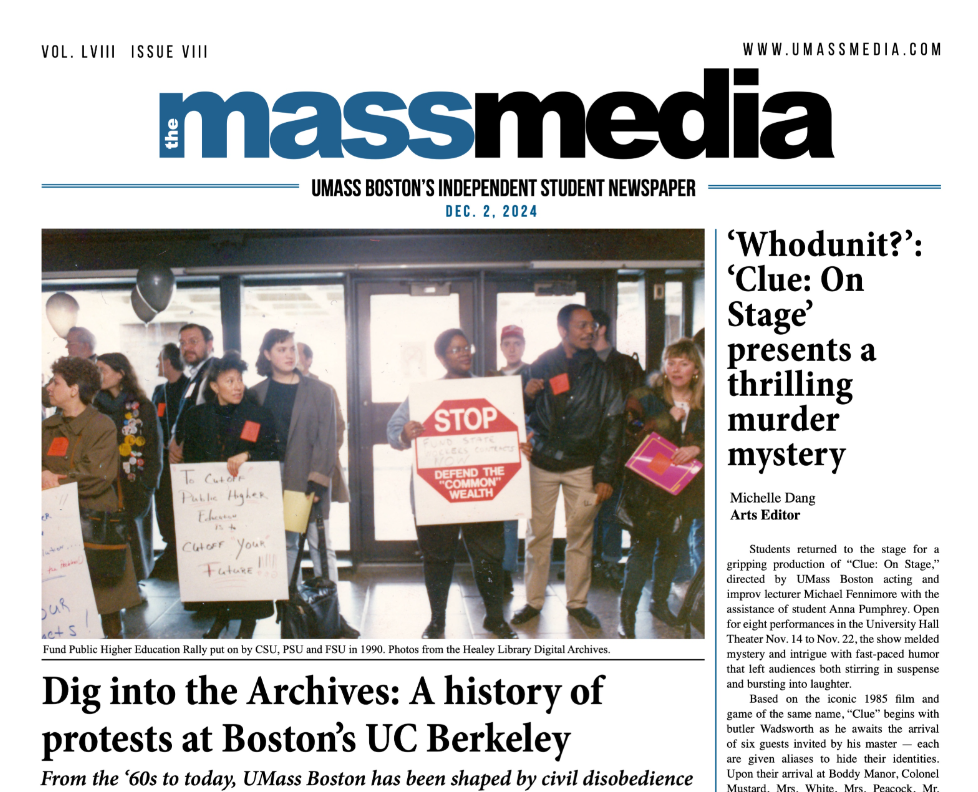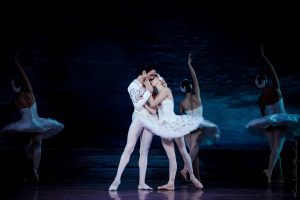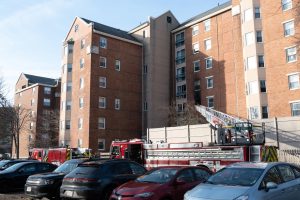Through the Buddhist Lens
October 29, 2008
Buddhist monk, political refugee, and accomplished photographer Pipo Nguyen-duy, known for challenging people to look beyond the text to discover the hidden American History, will be speaking at UMass Boston. On Thursday October 29th 2008, Nguyen-duy will be a guest speaker in Peter Kiang’s Southeast Asians in the United States class. A campus-wide lecture on October 30 at 12:30 in the Campus Center room 3540, is open to all interested students and faculty.
Nguyen-duy’s accomplishments exceed the borders of the United States. From renouncing his worldly possessions to become a Buddhist monk in Northern India to receiving a grant to live and work in Monet’s Garden in Giverny, France, Nguyen-duy has achieved great things. His work even spans four continents: Asia, Europe, and North and South America. His series in photography goes beyond text and explores assimilation, gender, inequality, war, and rebirth.
Nguyen-duy emigrated from Vietnam to the United States as a political refugee in 1975. Born in the city of Hue, 30 kilometers from the demilitarized zone of the 18th parallel, he recalls growing up hearing gunfire. His accomplishments transcend from his early life in Vietnam, participating in competitive table tennis, to his accomplished life in the United States completing his BA in Economics, Masters in Art in Photography, and Masters in Fine Art in Photography. His passion for the arts was ignited when he lived and worked in the East Village of New York City; soon after he pursued his Masters in Arts and Masters in Fine Arts in University of New Mexico in Albuquerque.
In an interview with Riva Pearson, the UMass Boston student coordinating Nguyen-duy’s events, Pearson talked about the effort received from many of the student clubs on campus. She expressed appreciation for their support, particularly the support of the Vietnamese Student Association, American Studies Department, Asia American Studies Department, Women’s Studies, the Art Department, Graduate Student Assembly, the William Joiner Center, and the Institute for Asian American Studies.
Pearson had been exposed to Nguyen-duy’s work while working on a paper for Professor Shirley Tang’s class. “I had been interested in things we were reading about; the ways that racial and ethnic groups use culture to explore what it means to be an American,” she explains. ” I wanted to explore the ways that Asian Americans represent themselves… What I find most interesting about photographic self-portraits in particular… is how self-portraits give control to the artist. The artist is also the subject and has power over their own representation.”
Pearson explains that this is important for several reasons. “Highlighting the work of Asian American artists does not only affect Asian American artists,” she says, “It can open spaces to think about what other groups are hidden in other disciplines” And this, Pearson explains, is something Nguyen-duy does well with his photographs. “In her introduction to the book Fresh Talk/Daring Gazes: Conversations in Asian American Art, Margo Machida comments that ‘there is nothing inherently restrictive, essentialist, or balkanizing about concepts like difference and identity; rather, they can be as capacious and supple as our imaginations will allow,'” Pearson cites.
Nguyen-duy’s photographs evoke a hidden history of Asian Americans. Pearson herself discovered this while working on an American Civil War photography project. In her research she noted that there were about 100 Asian-American Civil War soldiers. A common misconception is that the railroad built during that time was the only contribution of Asian Americans. Pipo’s series titled The Old West allows the imagination to go beyond what is often overlooked in American History classes.
Pearson says that she and the other organizers, “hope to introduce the campus to Pipo’s work, and in doing so, [help them] to understand art in a new way: as a medium for exploring history and identity of groups whose stories are not always heard in our history books and classes.”
For more information on Pipo Nguyen-duy and his work visit www.piponguyen-duy.com. And, be sure to catch him in person on October 30 in the Campus Center Room 3540.

